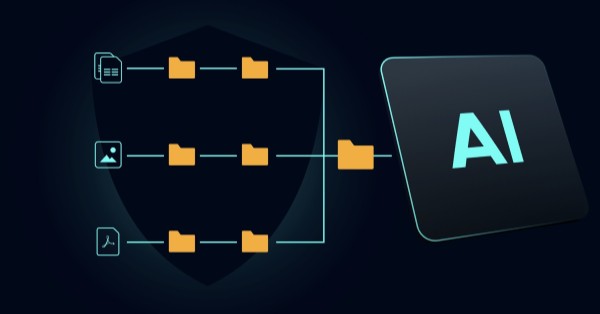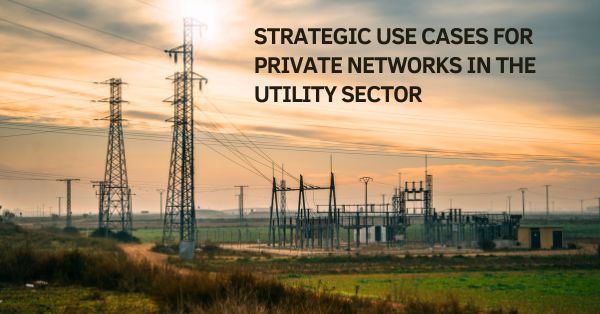Confidencial.io, a data protection and compliance leader born from DARPA-funded research at SRI, is set to debut its AI data governance solution at this year’s RSAC, engineered to prevent data leaks and fuel secure, compliant innovation. Purpose-built for enterprise-scale AI, Confidencial serves as a governance layer seamlessly embedded within AI frameworks, covering AI workflows, Agentic AI systems, training workflows, and operations to ensure only authorized data flows through.
AI thrives on unstructured data—documents, transcripts, slides, and images—but without the right safeguards, an organization’s most valuable assets remain wide open.
RSAC findings reveal the urgency: 61% of CISOs cite IP leakage as their top concern, with customer data exposure close behind at 59%.
In response, AI and GRC leaders are deploying siloed protection and governance tools, each with its own access controls, resulting in a fractured patchwork where unstructured data slips through the cracks, exposed, vulnerable, and at risk.
“We’re addressing the unsustainable model of fragmented systems that can’t talk to each other,” said Karim Eldefrawy, Co-Founder and CTO at Confidencial. “One of the biggest barriers to deploying AI in the enterprise is ensuring consistent data protection, governance, and control across the entire AI pipeline, regardless of where or how that information is accessed.”
Confidencial unifies governance and privacy controls by embedding a resilient, cryptographic layer directly into AI pipelines and document stores, ensuring seamless protection. It automatically identifies and secures sensitive unstructured data, preserving context while enabling AI to still extract valuable insights. By applying data-centric Zero Trust at the object level, Confidencial secures only the most critical data, reducing computing costs and streamlining compliance with NIST and ISO AI and Cybersecurity Frameworks.
“Unstructured data is the fuel powering modern AI, and adoption is picking up serious momentum, especially with the rise of tools like Microsoft Markitdown and IBM Docling that convert files into text for LLMs and text analysis pipelines,” said Eldefrawy. “Confidencial is the only solution that can find and cryptographically protect sensitive information within these converted files, at a granular level, before they enter AI workflows and systems. This provably ensures enterprise-grade cryptographic security and compliance while enabling organizations to safely and cost-effectively unlock more of their data for AI training and innovation.”
Fresh off the launch of the Cloud Protector, their next-gen DSPM solution for cyber defense, Confidencial now delivers a unified approach that secures sensitive data across both traditional and AI-driven environments. Visit Booth 5787 at RSAC to see firsthand how AI data governance meets cyber resilience.
About Confidencial
Our mission is to be woven into the technology fabric used by enterprises to govern and secure the sensitive information sitting inside their unstructured data. As an indispensable pillar of agentic AI infrastructure, Confidencial empowers responsible AI innovation and exploration without sacrificing ready and robust compliance, especially in highly regulated industries. No matter the threat or tactic, your data stays secure while getting more usable and valuable than ever. For more information, visit confidencial.io.






























